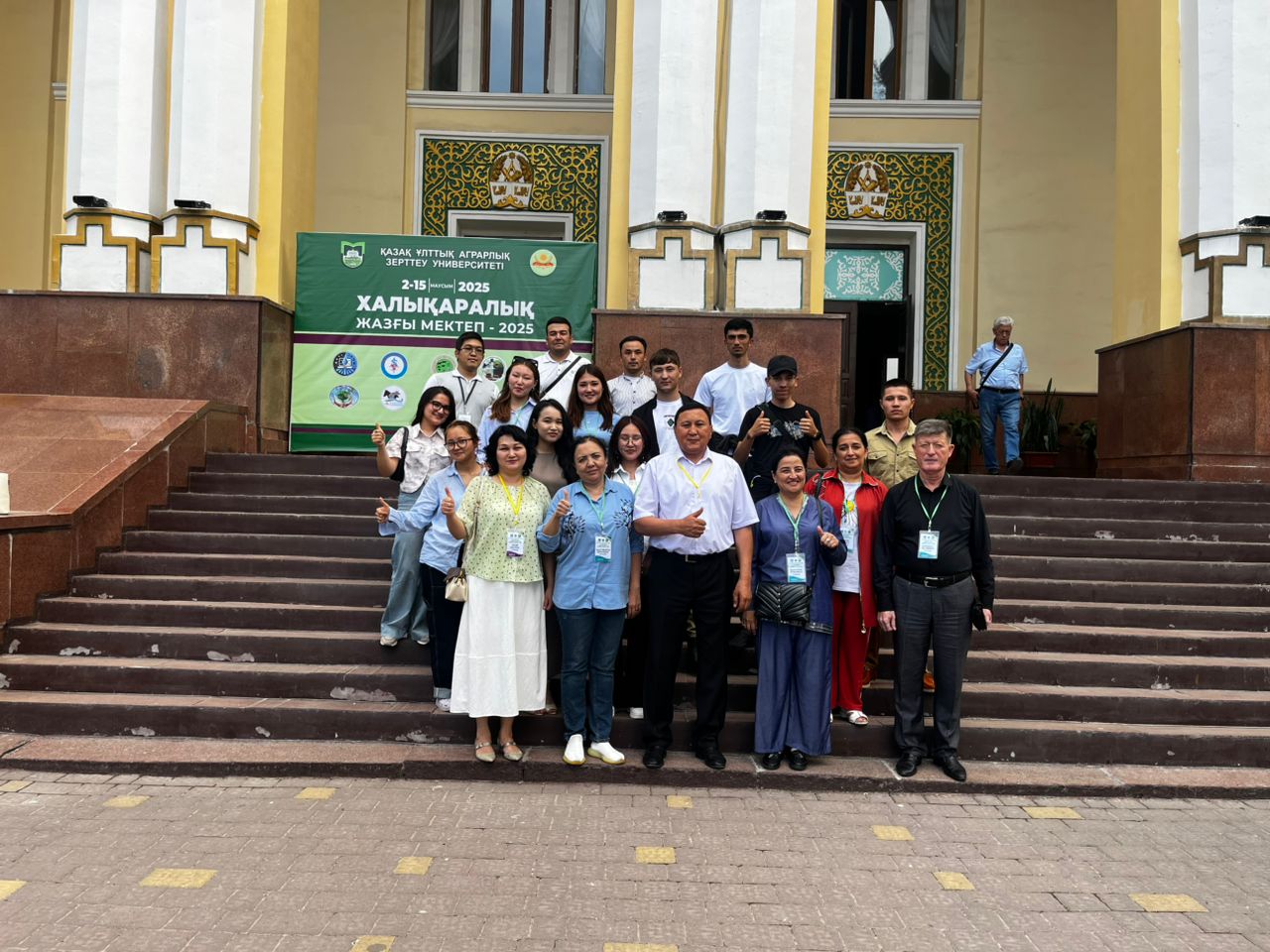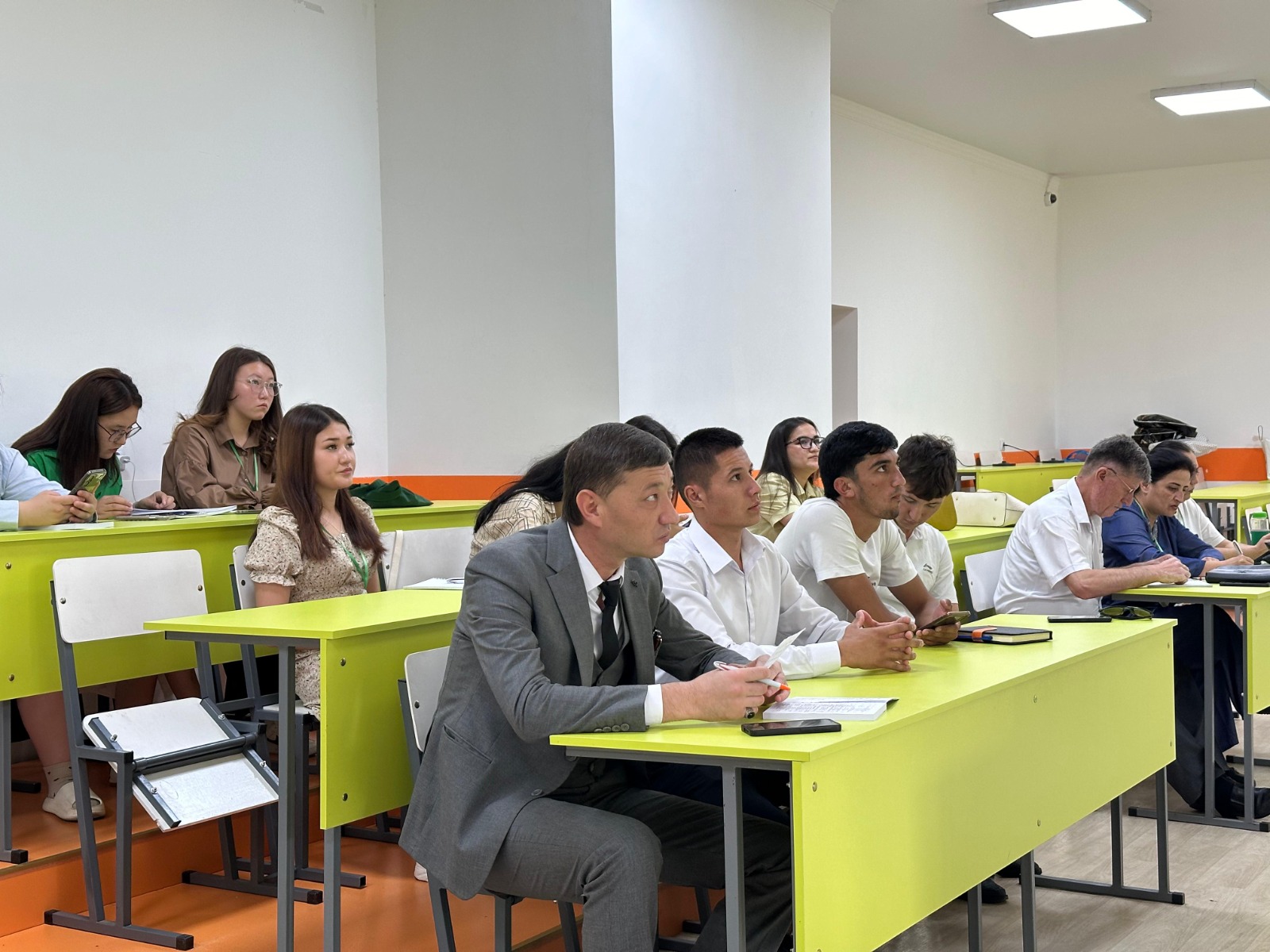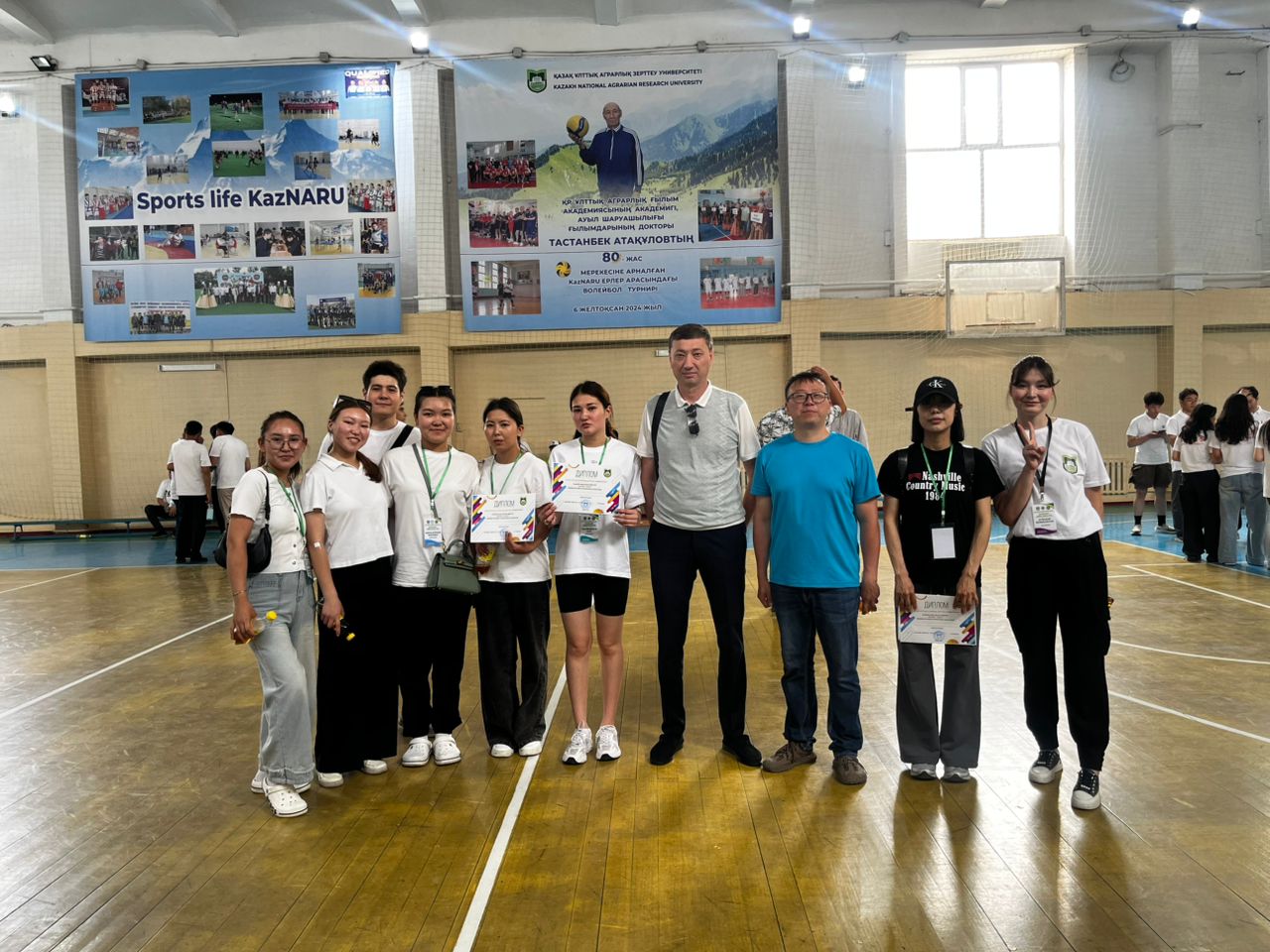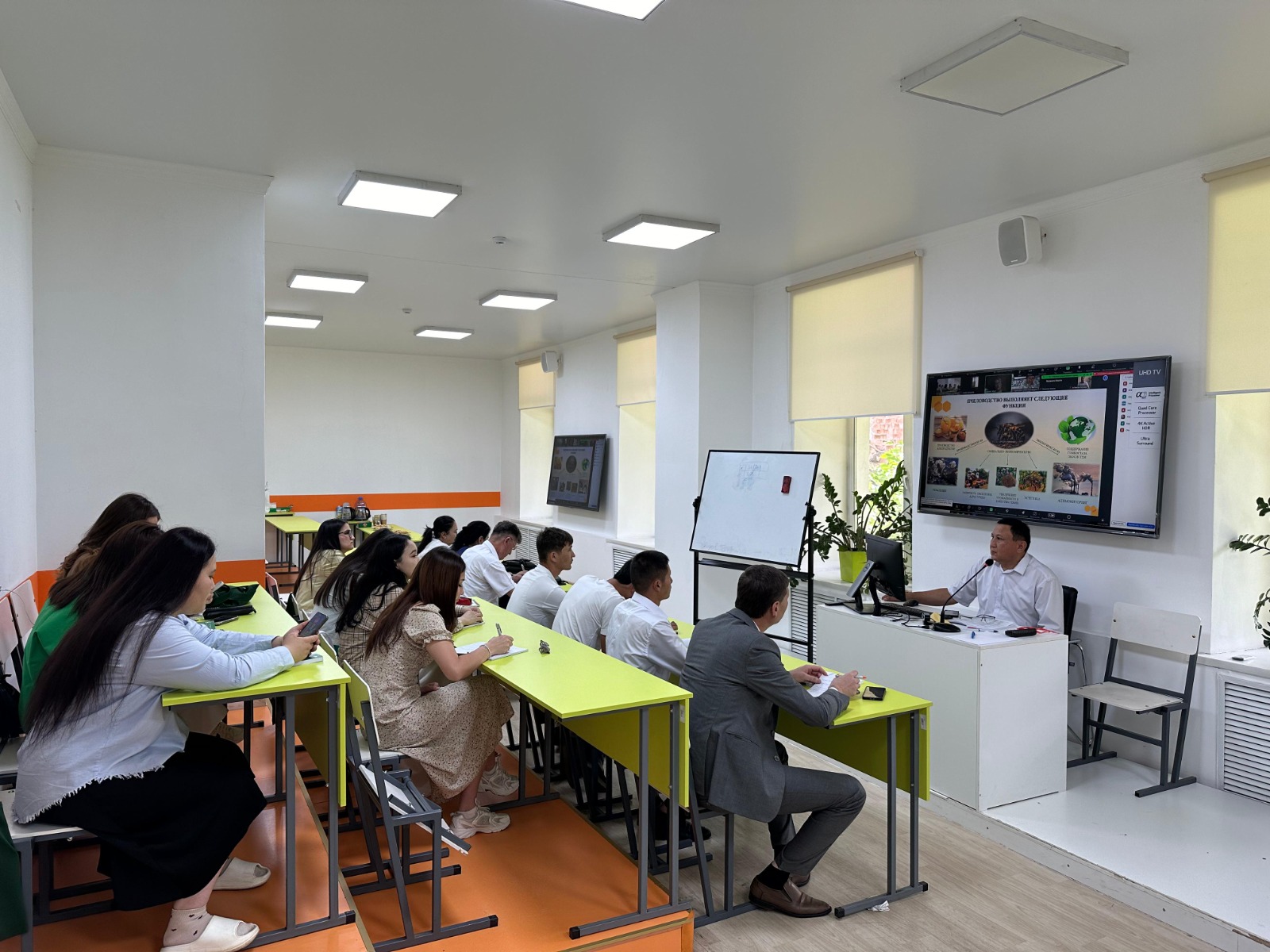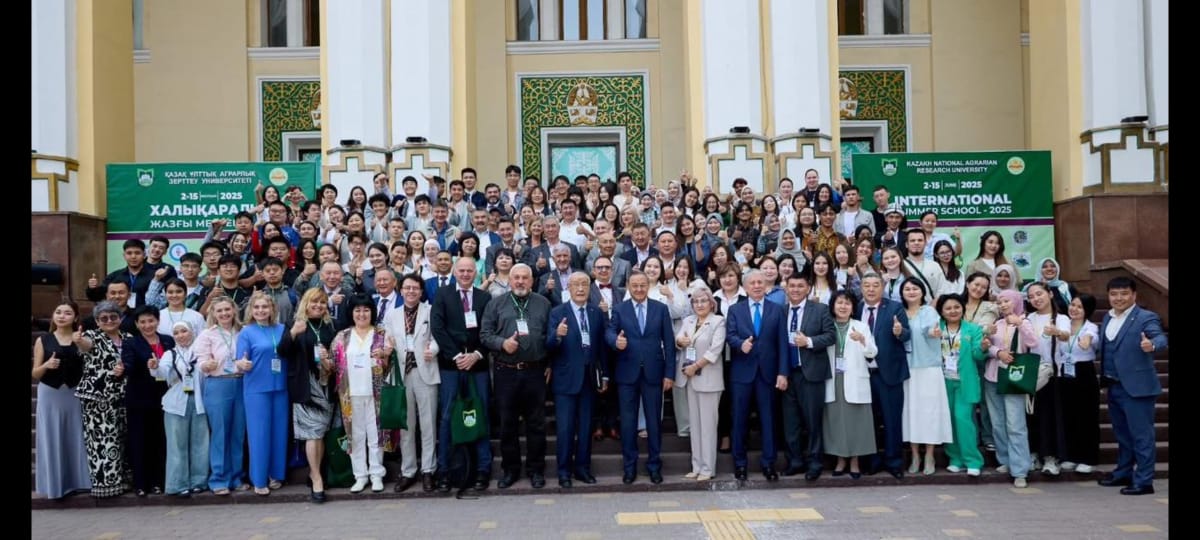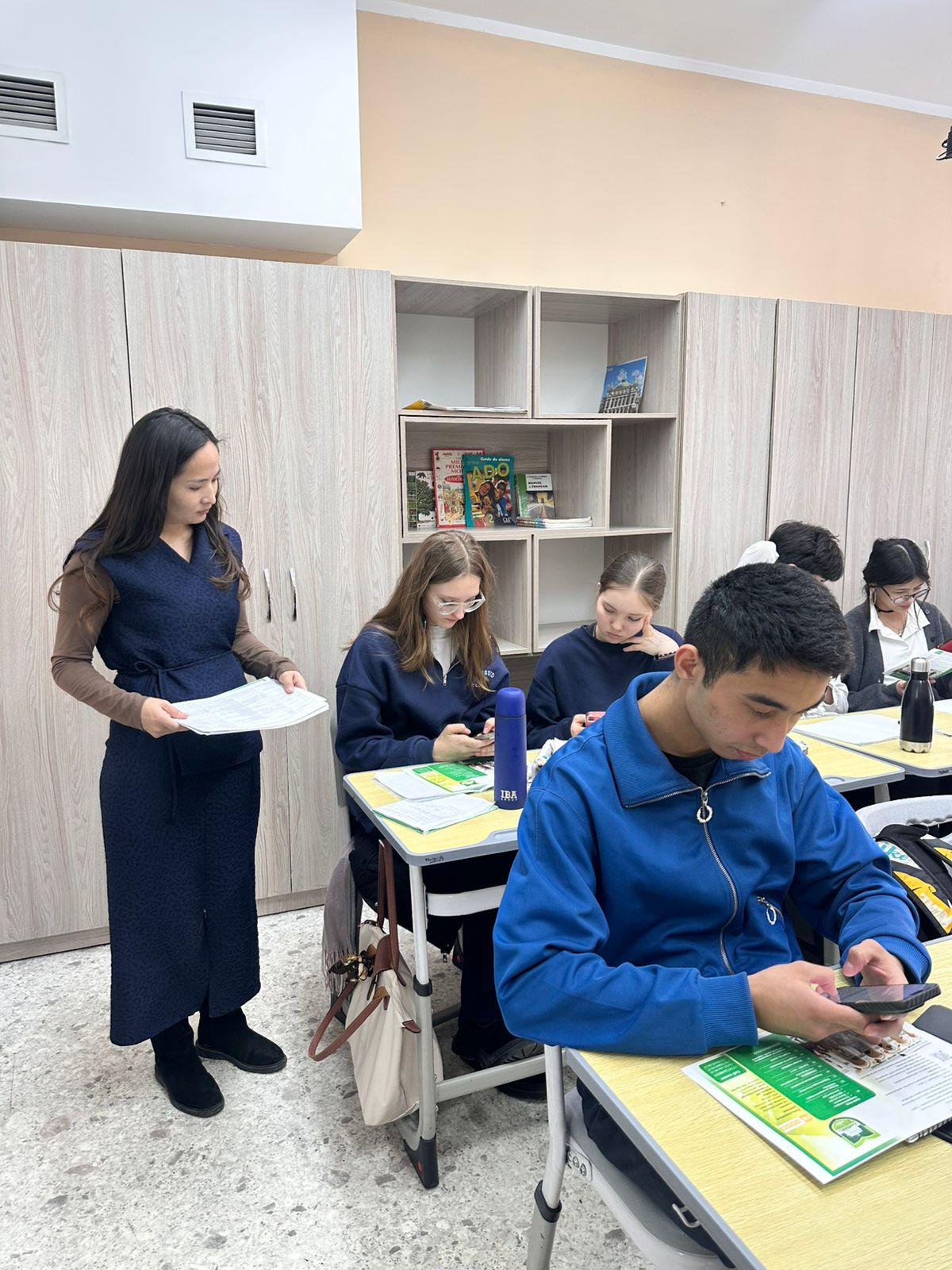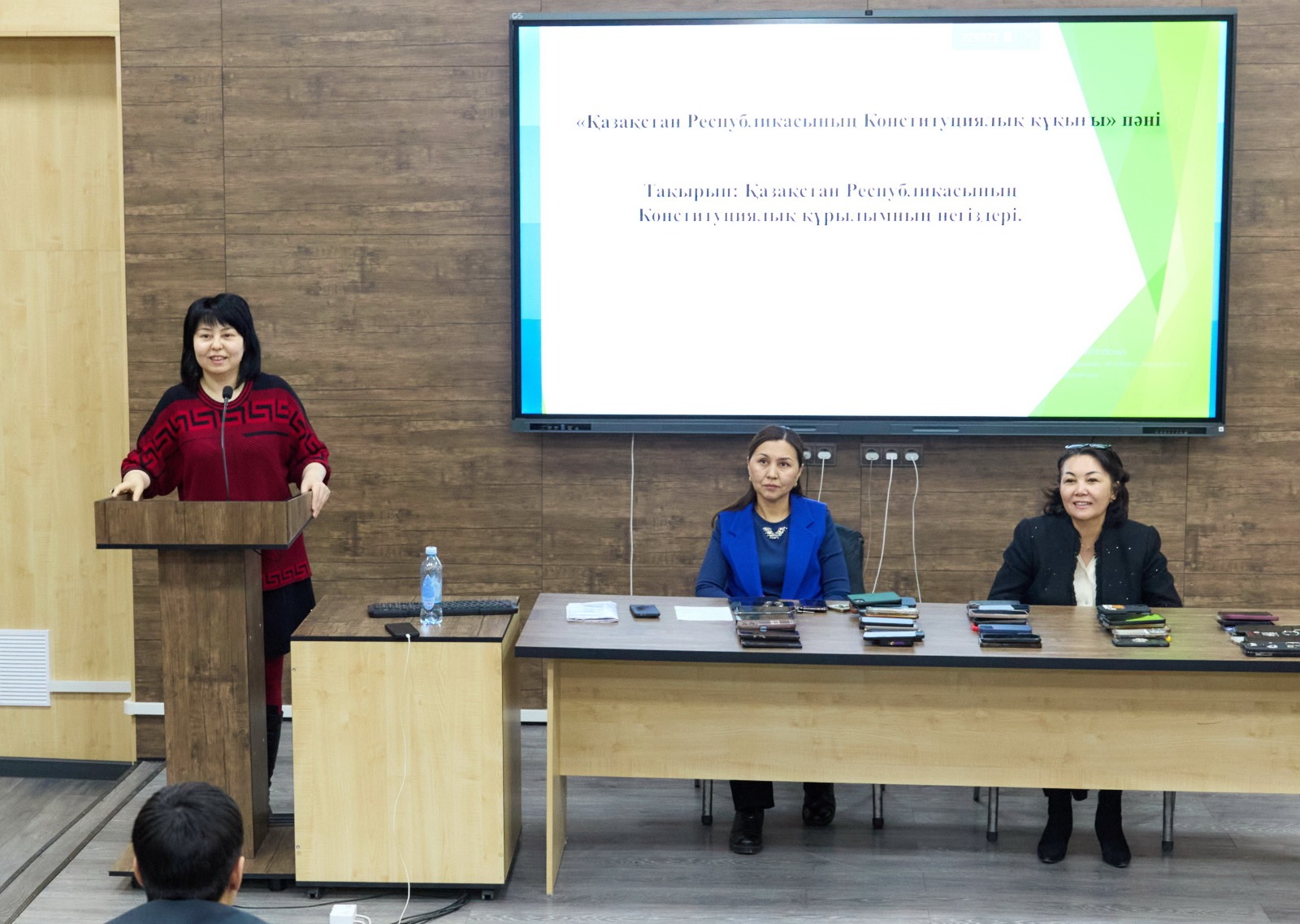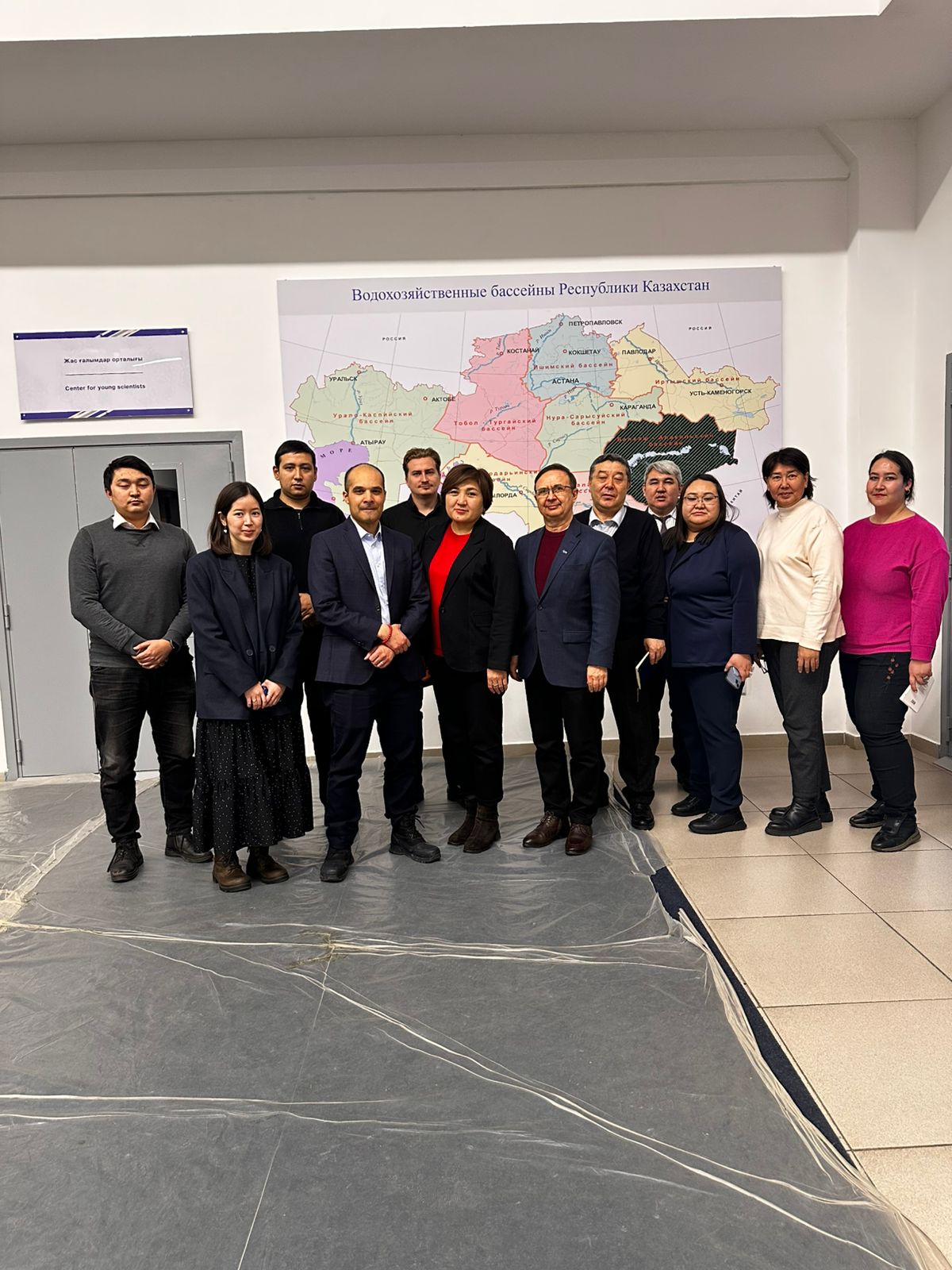Summer School "Selection and Biotechnology"
n June 2, 2025, the International Summer School – 2025 launched educational programs in “Animal Production Technology” and “Biotechnology,” under the leadership of prominent scientists: Academician of the National Academy of Sciences of the Republic of Kazakhstan T.S. Sadykulov and Doctor of Biological Sciences, Professor A.D. Serikbayeva.
The online conference was opened by the school’s moderator, Doctor of Agricultural Sciences, Professor Sh.R. Adylkanova. She emphasized that the mission of the school is to provide an intensive course on advanced technologies in the field of animal husbandry and biotechnology. The goal is to develop research and integrate leading scientists and young researchers into the international, interdisciplinary professional community.
Our summer school is focused on young researchers and their aspiration to acquire new knowledge and skills. Today, the International Summer School of KazNARU, under the leadership of Rector A.K. Kurishbaev, continues the annual—one could say traditional—summer school for young researchers. One of the main principles and advantages of the school is the interaction between leading scientists and young agricultural researchers in the field of animal production technology and biotechnology.
The Summer School program includes seminars by leading international and national scientists, as well as a masterclass on writing articles for international academic journals. Participants have the opportunity to communicate with foreign and domestic colleagues, deepen their knowledge in the field of selection and biotechnology of livestock, refine the methodology of their own research projects, and outline new directions for their work.
In his lecture, Academician T.S. Sadykulov provided a detailed analysis of the current state and future development of sheep farming in the Republic of Kazakhstan. The seminar addressed relevant issues in modern sheep breeding. In addition, he highlighted the use of modern methods of animal selection.
The academician noted that the scientific activities of KazNAIU researchers are ultimately aimed at solving one of humanity’s global challenges—ensuring food security.
The presentation sparked lively interest among the audience. Using remote communication technologies, the speaker answered questions.
More than 30 participants took part in the event, including university staff, students, master's students, PhD doctoral candidates, and young scientists from Kazakhstan and CIS countries.
Authors: Sh.R. Adylkanova, E. Baimazhi, G. Valieva
